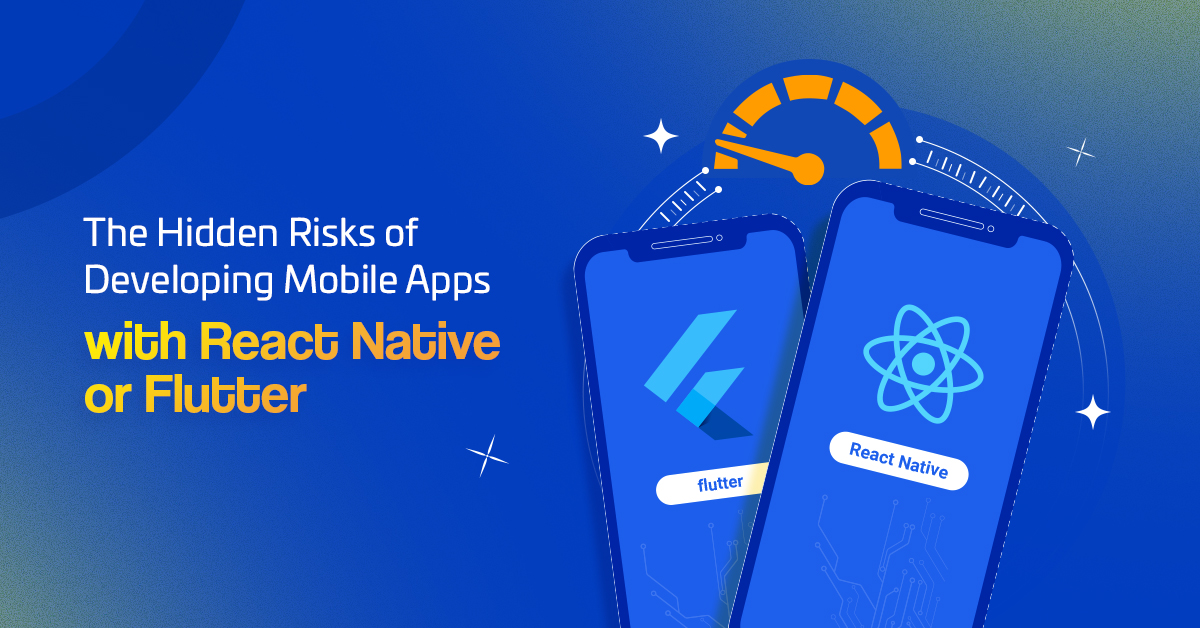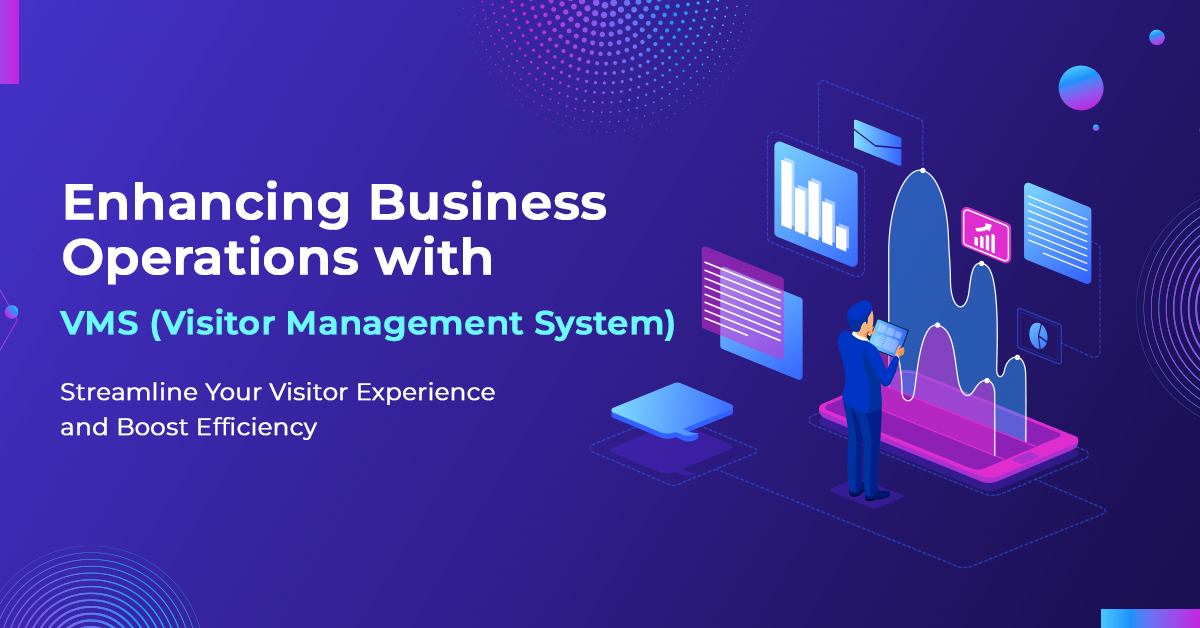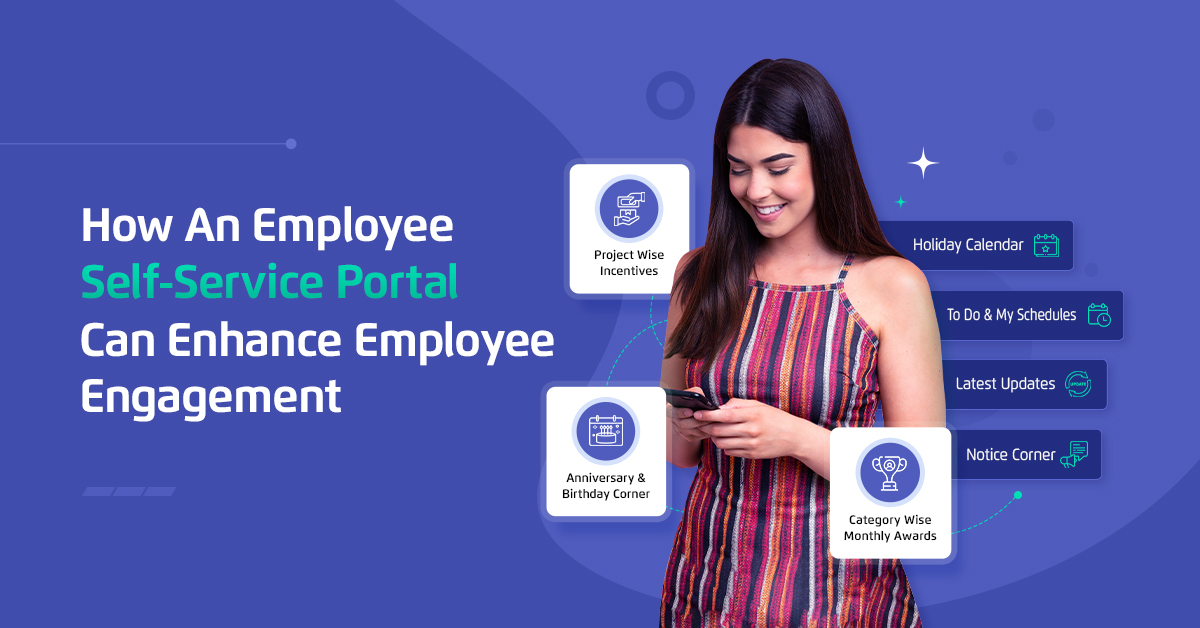
The mobile app development landscape is constantly evolving, with cross-platform frameworks like React Native and Flutter emerging as alternatives to native development. These frameworks promise to expedite mobile development. However, before diving headfirst into this seemingly convenient approach, it’s crucial to consider the potential pitfalls associated with React Native and Flutter, especially for commercial and enterprise-grade applications.
The Drawbacks of React Native and Flutter
Both React Native and Flutter have strong backing – Facebook for React Native and Google for Flutter. While this association may initially inspire confidence, it can have a hidden downside. Since these companies prioritize their internal development needs, features and bug fixes might be primarily geared to satisfy their own needs. This can leave your commercial application grappling with unresolved issues or lingering bugs that hinder its functionality and performance – dramatically impacting the overall user experience.
Additionally, React Native and Flutter lack dedicated customer support, leaving developers to navigate a sea of community forums and third-party resources for troubleshooting. This can be a time-consuming and frustrating experience, especially for critical issues impacting your business.
The Risks of Third-Party Plugins
React Native and Flutter heavily rely on third-party plugins to extend functionalities beyond their core offerings. While this approach offers flexibility, it also introduces risks. The quality and reliability of these plugins can vary greatly. You will likely encounter many plugins that aren’t maintained, have unaddressed bugs, security vulnerabilities, or compatibility issues that can destabilize your application and compromise user experience.
A brief look at the official repositories for both frameworks reveals a concerning number of open issues, signifying a backlog of unresolved problems that developers within the respective communities are grappling with. This backlog translates to potential roadblocks for your app’s development and extended wait times for solutions to critical issues.
Applications built with React Native and Flutter can face significant challenges due to limited support and issues with third-party plugins – exposing organizations to the potential risks associated with relying on frameworks that lack robust support options.
Ionic: A Reliable Partner with Enterprise-Grade Solutions
Fortunately, there’s a better alternative. Ionic offers a mature framework specifically designed for cross-platform mobile app development. Unlike React Native and Flutter, Ionic prioritizes the developer experience and provides options for customer support with various service level agreements to meet the needs of your organization. This ensures you have a reliable point of contact for troubleshooting and technical assistance, minimizing downtime and maximizing productivity.
Ionic also actively maintains a library of high-quality plugins that cater to the specific needs of commercial and enterprise applications. You won’t have to gamble with unreliable third-party solutions, ensuring your app functions smoothly and securely.
Additionally, Ionic’s Appflow simplifies the process of building, signing, and deploying binaries to each app store, streamlining the entire mobile app development lifecycle so you can focus on building the best app for your customers. With features like automated builds, in-app testing, and Live Updates, Appflow empowers you to deliver high-quality mobile apps fast and efficiently.
Choosing the Right Framework for Your Project
While React Native and Flutter are quite capable and offer compelling products, the lack of dedicated support and potential plugin issues can create significant risks for commercial projects. Ionic on the other hand, provides a more secure and reliable foundation for building robust, scalable mobile applications. With its focus on developer experience, dependable support, and enterprise plugins, Ionic empowers you to build highly performant applications.
Considering Developer Communities
While evaluating different technologies and frameworks may be the primary focus, it’s also important to consider the developer communities surrounding each option. Ionic users benefit from a well-established and active community. Additionally, Ionic provides extensive documentation that is clearly written, thorough, and provides detailed code examples, further reducing reliance on external resources. Best of all, if you run into a roadblock you just can’t work through, our dedicated team of developer experts are always there to help.
Ready to Take Control?
Don’t let hidden risks derail your mobile app development journey. Explore Ionic and discover the power of a framework that prioritizes the developer experience and your success.
Ready to learn why Ionic may be the best choice for your next project? Visit the Ionic Enterprise SDK website to learn more about available plugins, mobile CI/CD, and our comprehensive support and advisory services.
The post The Hidden Risks of Developing Mobile Apps with React Native or Flutter appeared first on Ionic Blog.




